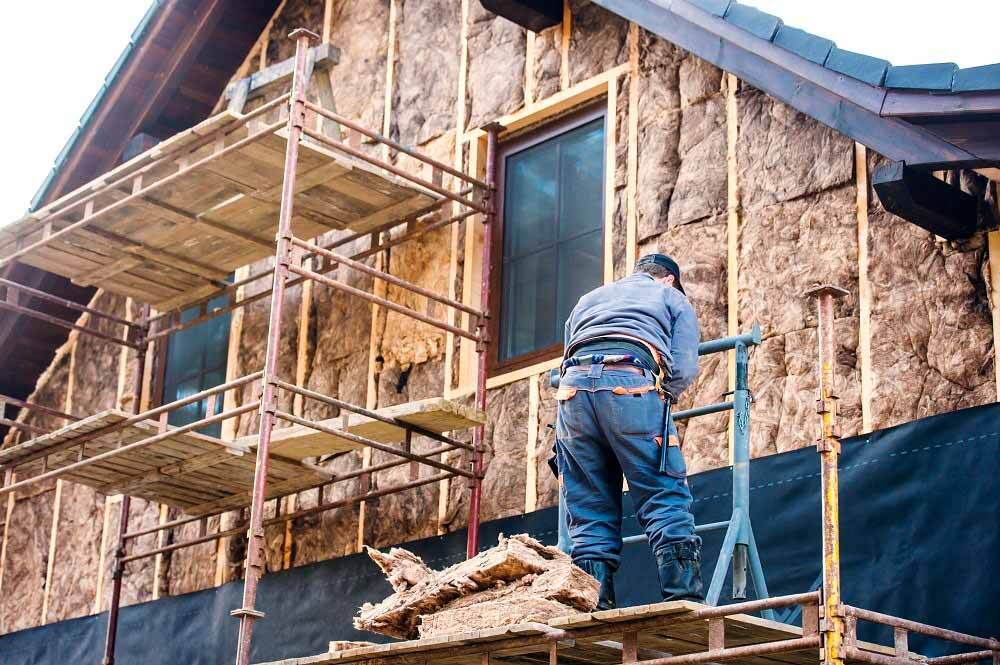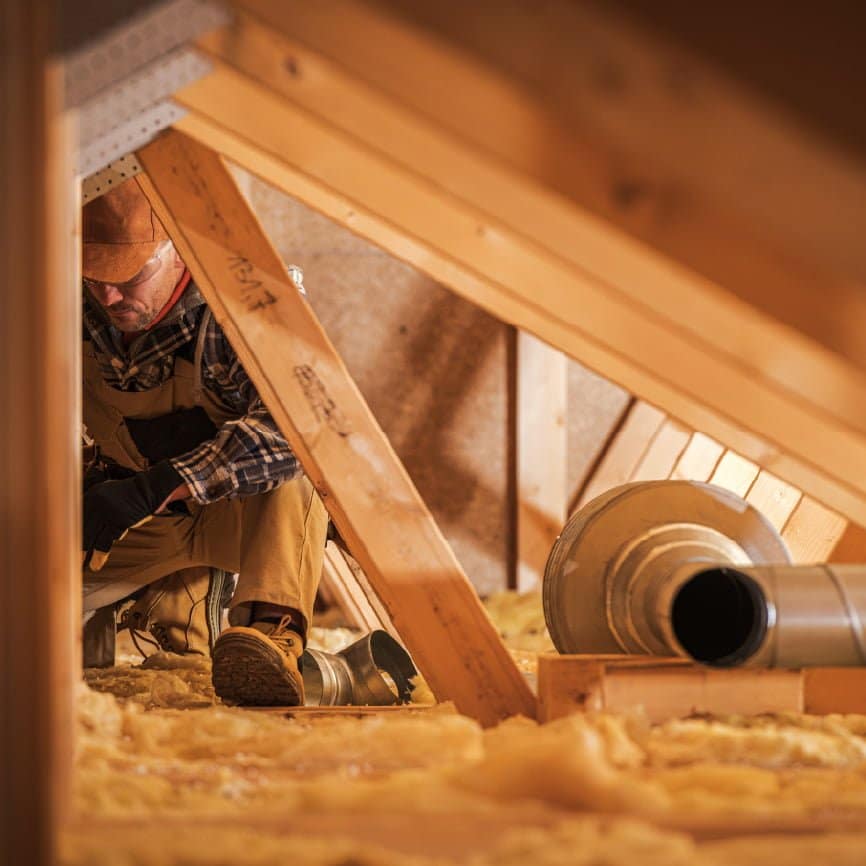
Improve your living conditions by achieving energy efficiency.
If you’re considering a boiler replacement in the UK, there’s good news! It may come with an extra benefit that is free loft insulation.
The UK government offers grants and incentives to encourage homeowners to switch to more energy efficient heating systems. These grants aim to reduce carbon emissions, lower energy bills, and improve the overall energy efficiency of homes.
The most prominent of these grants is the ECO (Energy Company Obligation) scheme. This initiative obligates major energy suppliers to fund energy-saving measures in households. Under the ECO scheme, you may be eligible for a free or heavily subsidized boiler replacement if your current boiler is inefficient or in poor condition.
Why Loft Insulation?
- Reduced Heat Loss
- Energy Efficiency
- Lower Carbon Footprint

Our Certifications and Awards







WHAT OUR CUSTOMERS SAY
I had my new boiler installed through ECO energy services on the government grant.
I highly recommend them as when they came they did a great job.
Vinci Casale, a week ago
Very good grant and installation of an air source heat pump and boiler. I would definitely recommend them, good advice and service, friendly engineers, all done quickly.
Toby Pollard 3068, a week ago
I highly recommend the government grant through Eco Energy Services.Our old boiler failed its yearly service and I responded to an advert on social media.
Keith McDonald, 3 weeks ago
I highly recommend this firm, my new boiler was fitted within 5 days of applying for it. The work was done quickly and efficiently and a small issue I had was sorted the very next day. Excellent service.
Sarah George, a week ago
I was very pleased to deal with this company and people. When I couldn't sort my paperwork out, they was constantly on the phone with me suggesting on how to sort it out and pass it to them.
Dmitrij Kleinov, 4 weeks ago
nice work in the 2 days, they workers have left floorboards up a bit in all rooms
Sampada Wagle, 4 weeks ago
Eco energy services were very efficient. The new boiler made a big difference in heating my home.
BRIAN MCFALL, 4 weeks ago
Very helpful and informative, I had a very old boiler, as a pensioner could not afford a new one, they surveyed my property and I was entitled to a Gov Grant, nice surprise, they made an excellent job.
Jeanette Lord , 2 months ago
Fantastic service from start to finish. They made everything so easy and stress free. Highly recommended.
Joanna Fagg , 2 weeks ago
Real People, Real Experiences
See what our customers say about our service to express their level of satisfaction
Our Awesome Partners












